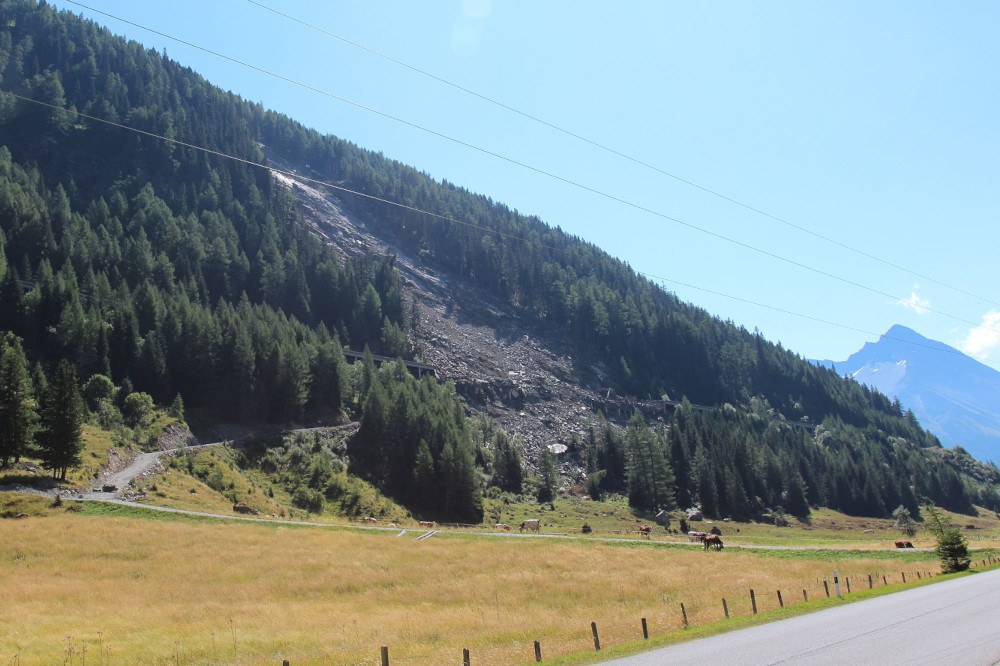News
Managing climate risks in biosphere reserves

The MultiBios project addresses the overlapping of climate risks such as heat, drought and floods, as Wolfgang Pfefferkorn, project manager at CIPRA International, explains: "In the project we are investigating the role of biosphere parks in dealing with multiple climate risks and how they could be strengthened in this respect". The project is conducting a comprehensive analysis on resilience, incorporating the views of relevant stakeholders from science, policy and practice. So far, there are only a few studies that examine the effects of existing institutional frameworks and potential adaptation measures for hydro-climatic risks specifically in biosphere parks. MultiBios aims to fill this gap and make the research results transferable to other mountain regions, including through a final international workshop with policymakers, stakeholders and researchers from Alpine countries. Other partners in the project are the Institute for Social Ecology at the University of Natural Resources and Applied Life Sciences in Vienna and the International Institute for Applied Systems Analysis (IIASA) in Laxenburg/A, which is coordinating the project. The Austrian biosphere parks of Lungau, Nockberge, Murtal and Grosses Walsertal as well as the biosphere parks of Val Müstair/CH and Schwarzwald/D are also involved in the project. The two-year research project is funded by the Austrian Academy of Sciences within the framework of the "Man and Biosphere" programme. In addition, SCNAT in Switzerland and the MAB National Committee in Germany are supporting the project financially.
Further information: www.cipra.org/de/MultiBios (de, fr, it, al)

